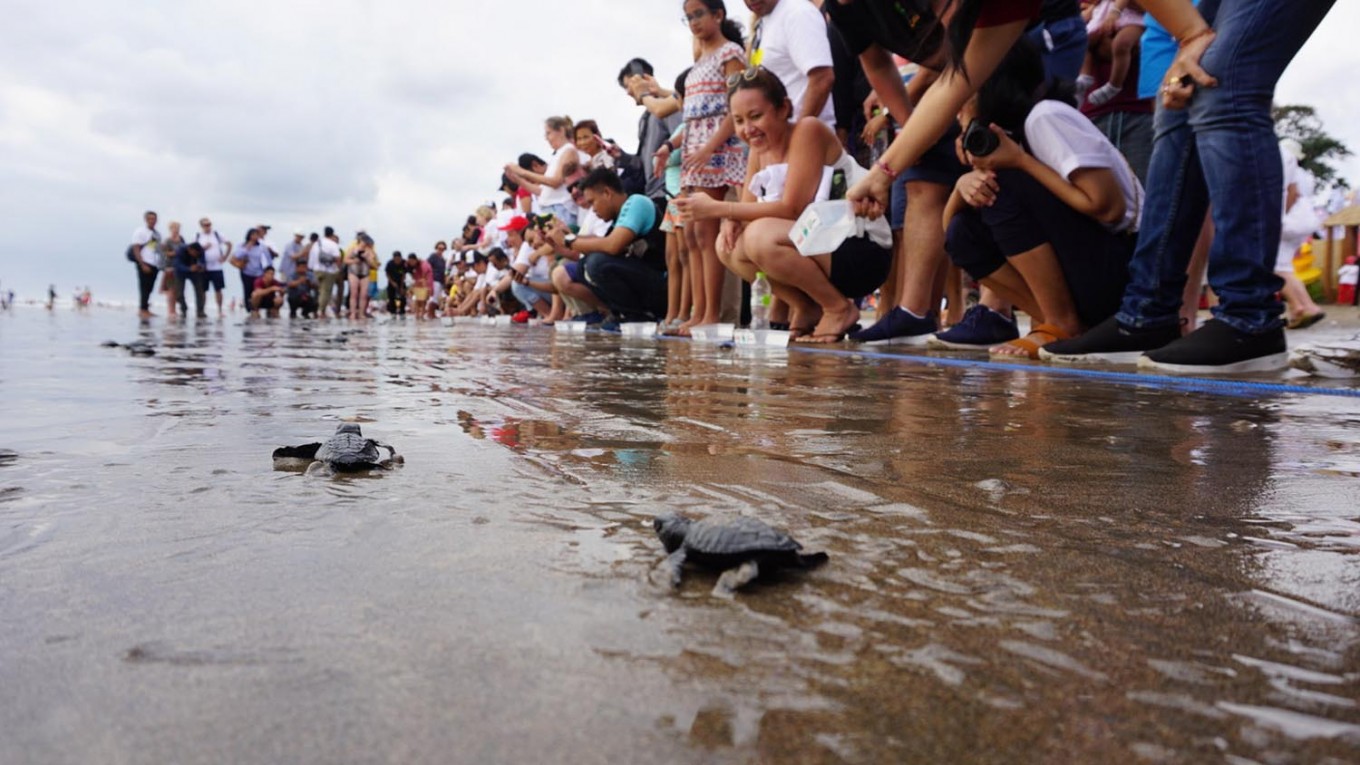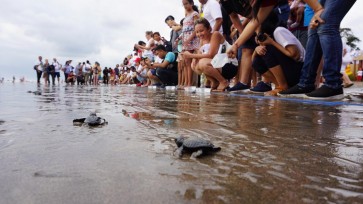Popular Reads
Top Results
Can't find what you're looking for?
View all search resultsPopular Reads
Top Results
Can't find what you're looking for?
View all search resultsMissing the big picture amid the oceans
Change text size
Gift Premium Articles
to Anyone
I
n conservation, it’s easy to get so caught up looking at issues in silos that we can’t see the forest for the trees. Similarly, when it comes to oceans, we rarely look beyond marine ecosystems, and often fail to see that what happens on land doesn’t stay on land.
If we are to design the right policy responses to some of the greatest environmental issues of our time, we’re going to have to get more holistic. And that will take more than government institutions and NGOs to get the job done.
Marine and terrestrial environments interact in countless ways. For example, plastic waste created on land readily enters the ocean, smothering reefs and getting ingested by fish (and then by humans who eat the fish). In addition, pollution from river water runoff affects coastal ecosystems and the health of marine life; two out of the world’s 10 most polluted rivers, the Citarum and Brantas in Java, are known to be in Indonesia, according to scientists such as LCM Lebreton. The experts say most of the heat from human-induced global warming is trapped by the ocean.
The interconnectedness of these two distinct ecosystems is slowly being recognized. This is not only the result of our improved scientific understanding, but also because of a growing awareness within Indonesia’s corridors of power — particularly the Maritime Affairs and Fisheries Ministry and the Office of the Coordinating Maritime Affairs Minister — that they cannot carry the fate of the country’s territorial waters on their shoulders alone. There is also a growing realization across government agencies that coral reef ecosystems, part of our natural heritage, will suffer from sedimentation due to coastal degradation. More stakeholders will be needed to assist these institutions to realize their mandate to develop Indonesia’s economy in a sustainable way.


















